French banlieues, the poor suburbs of its great cities, went up in flames. Mobs targeted town halls, police stations, schools and any building associated with the French state. They were triggered by the killing of Nahel M, 17, after police say he failed to comply with an order to stop his car in Nanterre near Paris.
These are not the riots to hit France. The first banlieue riots occurred in 1979 in Vaulx-en-Velin, a poor suburb of Lyon, when a teenager slit his veins after an arrest for stealing a car. Two years later, another attempt to deal with a car theft sparked days of rioting in nearby Vénissieux.
The deaths of two youths in the same area resulted in similar troubles in 1990 and 1993.
By far the worst unrest occurred in 2005. Two teenagers died in an electrical substation near Paris while hiding from police. Suburbs erupted up and down the country. Cars were burnt, shops looted and police attacked, triggering a three-week state of emergency.
Why is France experiencing yet more riots?
There are two countervailing views on this issue. One view is that the violence is the result of poverty and discrimination. Entrenched social ills ensure that France's bleak estates remain tinderboxes. Another view holds that the rioting is mainly a law-and-order issue. Gangs and petty criminals are using anger over a tragic death as an excuse to sow mayhem.
Both views hold some water. In 1977, then Prime Minister Raymond Barre launched the first plan to regenerate housing estates, expressing concern that they might turn into "ghettos” but somehow this effort never succeeded. France’s infamous bureaucrats have set up one official body after another but none of them have really succeeded.
France has the National Council for Cities, the Inter-ministerial Commission for Cities of Urban Social Development, the National Agency for Urban Renewal and many others. An alphabet soup of acronyms for various initiatives, from FNRU (Nation Programme for Urban Renovation) to ZUS (Sensitive Urban Zones) is a testimony to the failure of imagination and implementation by elitist and out-of-touch French bureaucrats.
At the same time, law and order has indeed declined in France. Anyone who has gone to Montmartre has faced hassle while the police look the other way. Furthermore, many banlieues are no-go areas for most people, including sometimes the police. Given the fact that the people in these poor neighborhoods are from former French colonies, they have a sense of resentment against their former oppressors. Continued experience of discrimination, exclusion and racism hardens those feelings.
A divided society
When Glenn lived in Grenoble in 1976, he often walked home alone after 11:00 pm. Most French cities, other than Paris, were then quiet at night. The only other people out on the street were lone, forlorn, Muslim North African men who had been brought in as “temporary workers,” without being allowed to bring their families. These workers have stayed on and brought their wives and have had children.
This immigrant population still finds itself foreign in France. Many French do not really consider them as French. Also, many immigrants themselves do not want to abandon their roots, especially if they are Muslim. France may not be experiencing a clash of civilizations but there is indeed a clash of cultures.
French secularism—laïcité—has shut out religion from the state. In the past, this struggle was with Catholicism. The state won that victory conclusively. Now, this struggle is with Islam. This underlines the bikini-burkini tension in la grande nation.
France being France, the state is extraordinarily overweening. The government controls 59% of the GDP. This means the unit of power is the French state and the seat of power is Paris, i.e. elite bureaucrats and politicians. Note that politicians are often former elite bureaucrats, (including almost all French presidents over the last seven decades) who run the country in an excessively centralized manner. So, the French blame the state for almost all their frustrations and look upon capturing the state to achieve any progress. This means the cycle set off in 1789 of mobs taking to the streets continues.
The views expressed in this article/video are the author’s own and do not necessarily reflect Fair Observer’s editorial policy.











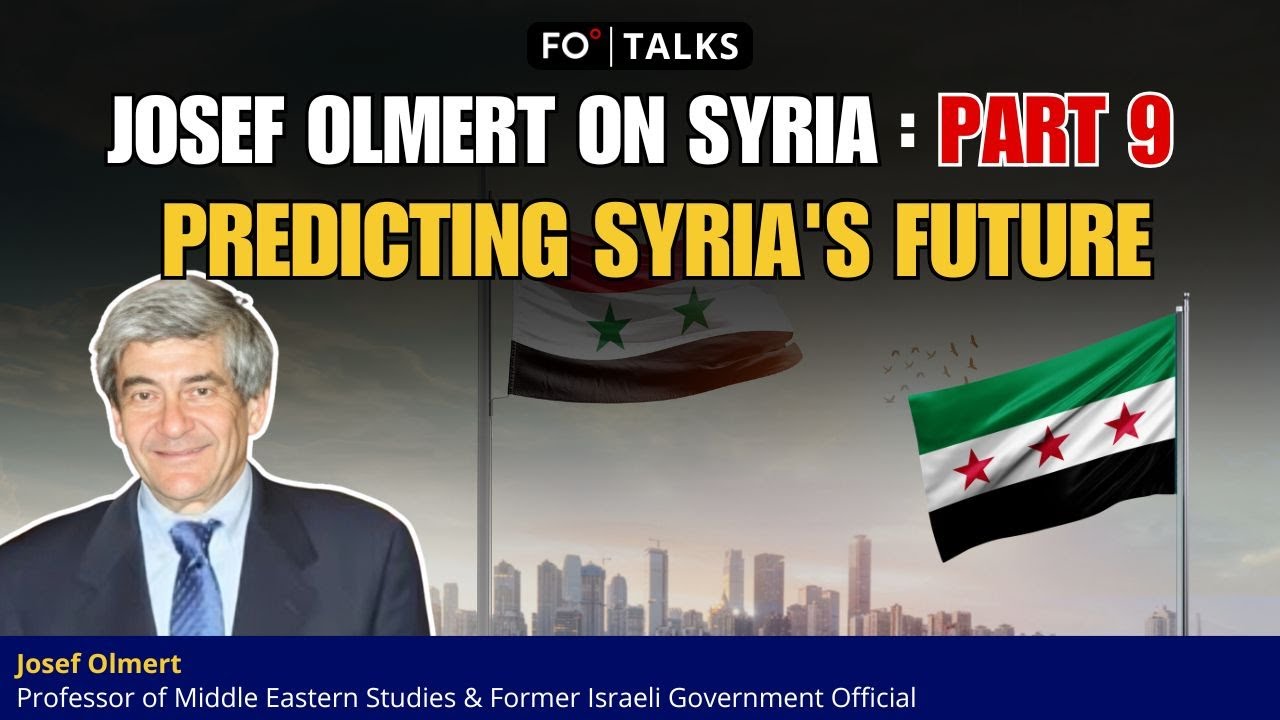



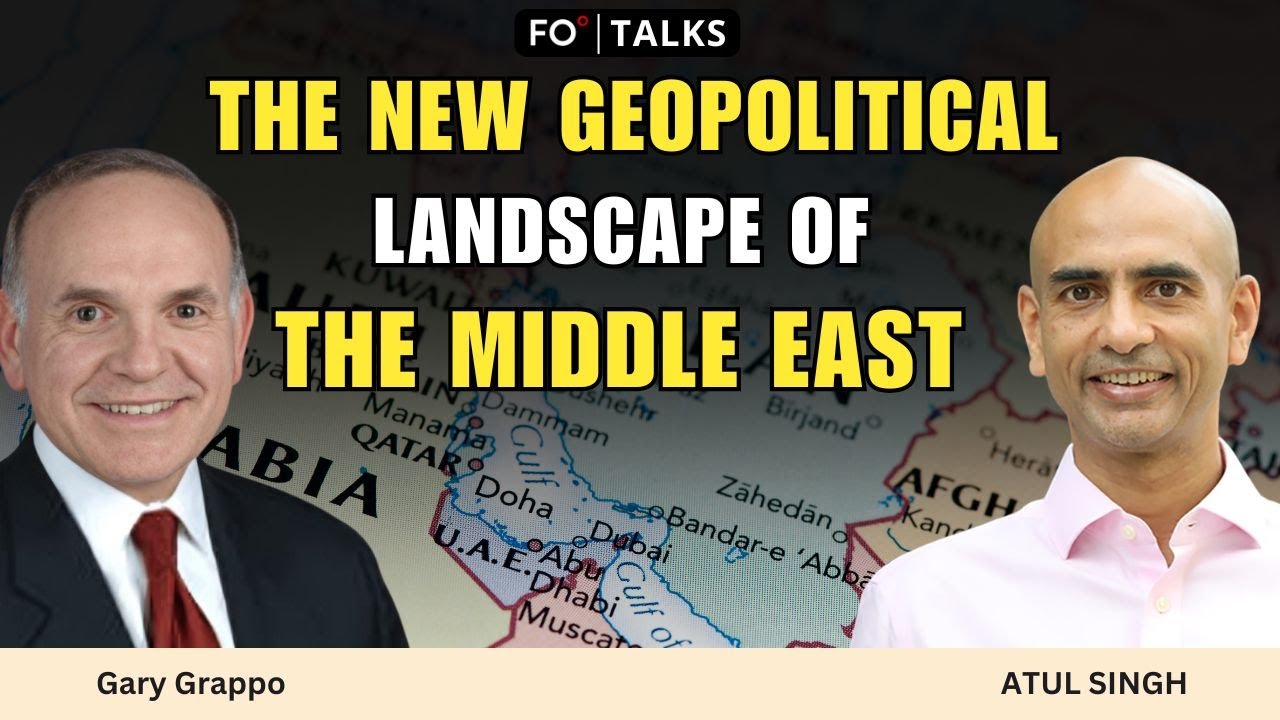




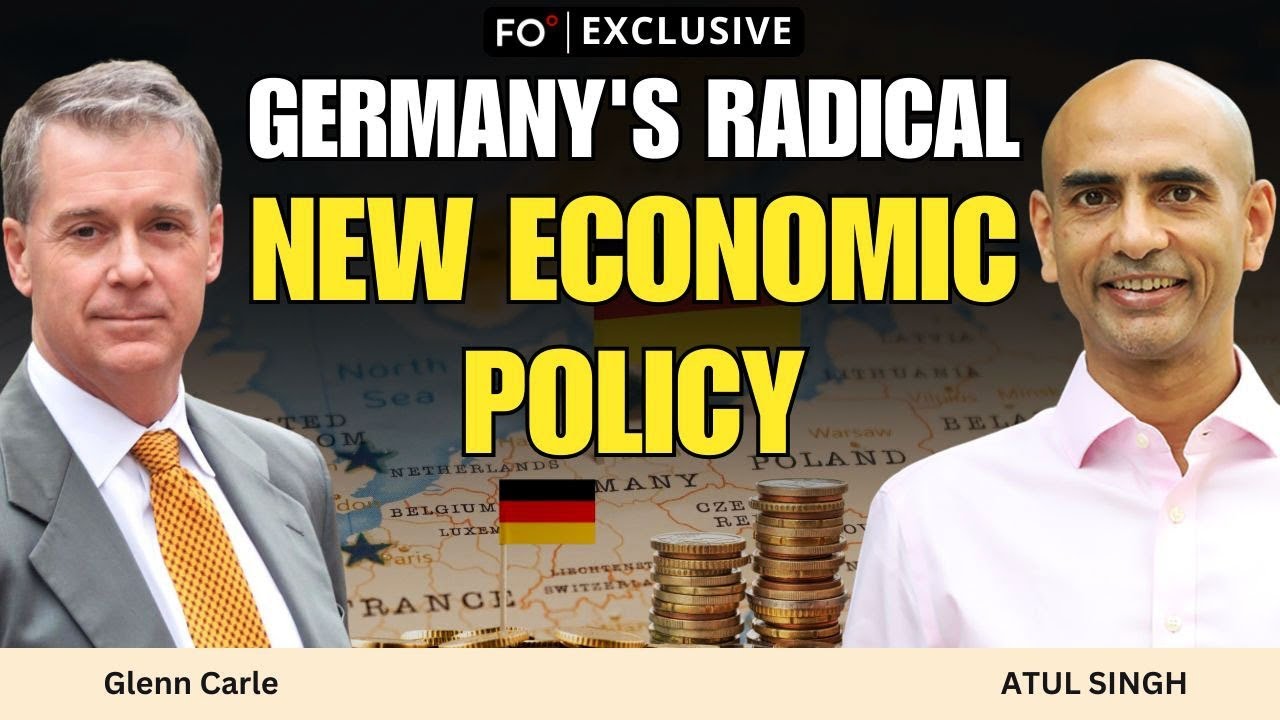

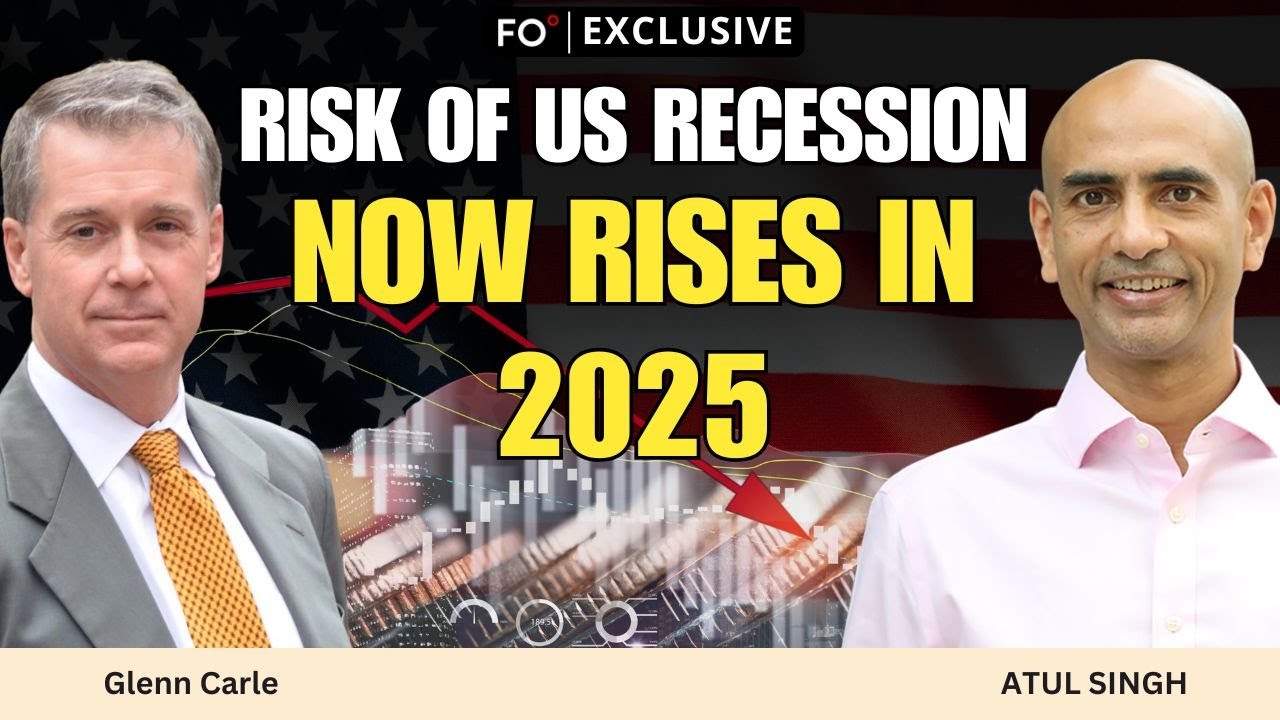



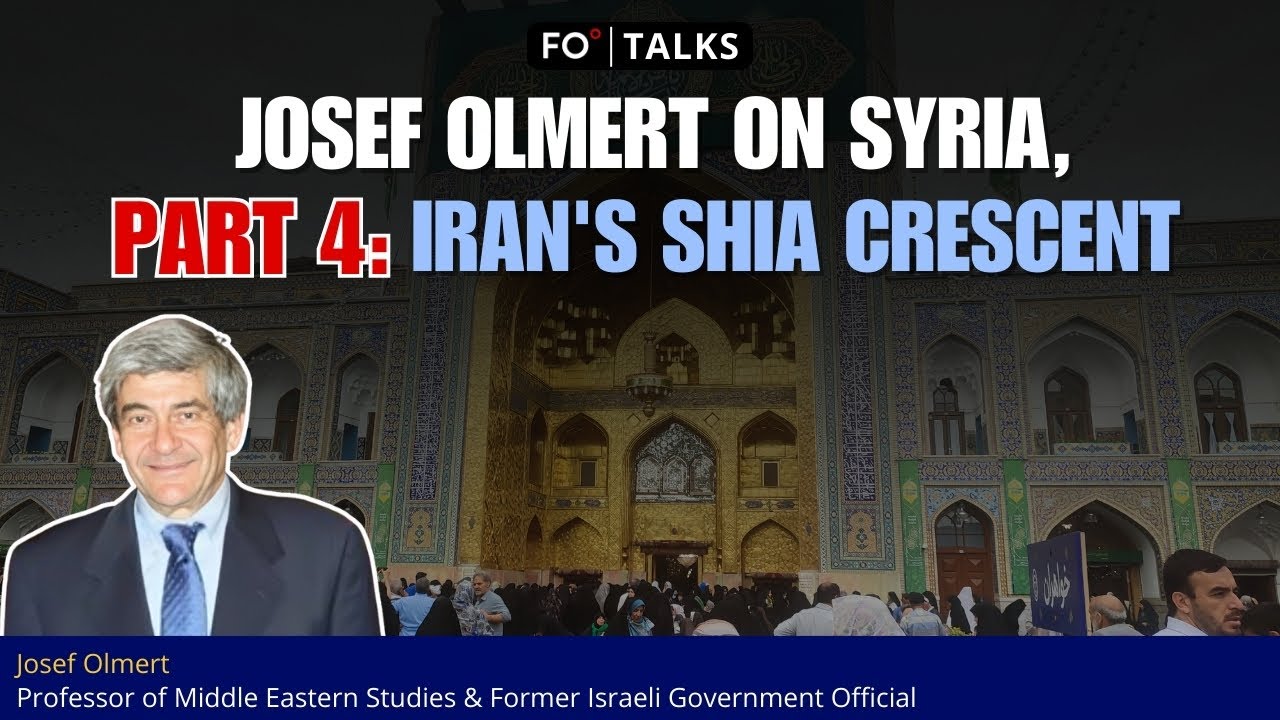








Comment